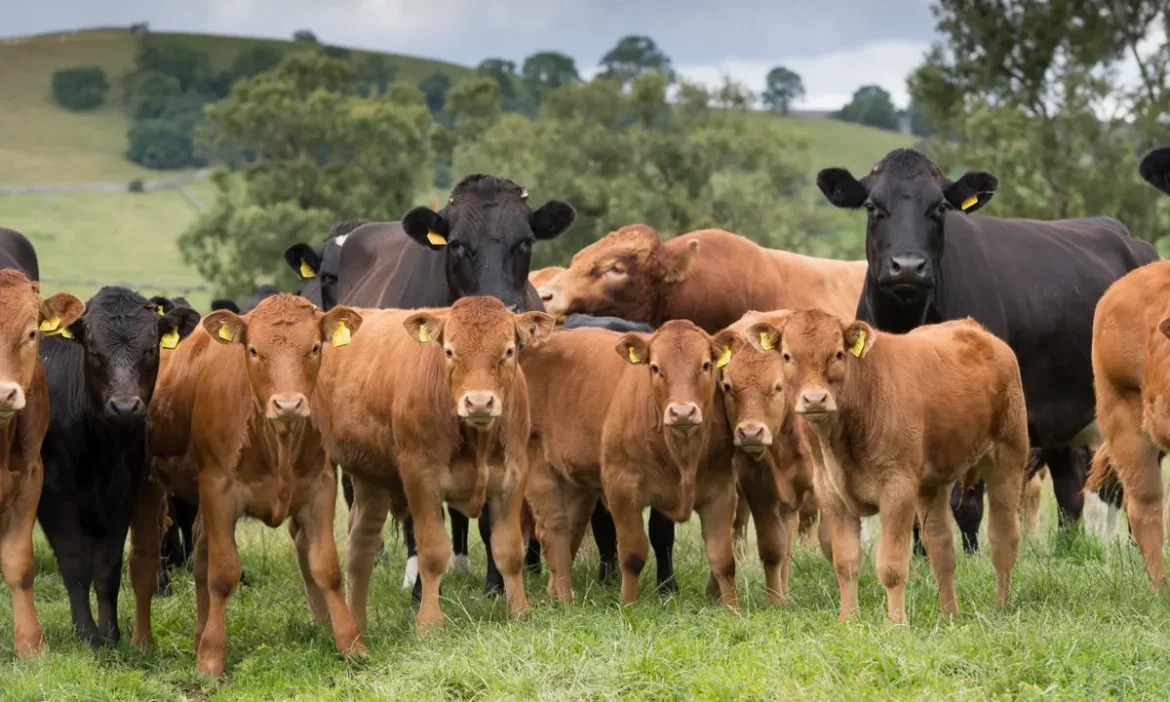Detailed research, published in the journal Nature Climate Change has shown that climate-heating emissions from food production, dominated by meat, dairy and rice, will by themselves break the key international target of 1.5C if left unchecked.
Previous studies have shown the huge impact of food production on the environment, particularly meat and dairy, but the new study provides estimates of the temperature rises their emissions could cause. These could be a significant underestimate, however, as the study assumed animal product consumption would remain level in the future but it was projected to rise by 70% by 2050.
The study estimated that if today’s level of food emissions continued, they would result in at least 0.7C of global heating by the end of the century, on top of the 1C rise already seen. This means emissions from food alone, ignoring the huge impact of fossil fuels, would push the world past the 1.5C limit.
It further showed that at least 75% of this food-related heating was driven by foods that are high sources of methane, ie those coming from ruminant livestock such as cattle, and rice paddy fields.
But the scientists said that the temperature rise could be cut by 55% by cutting meat consumption in rich countries to medically recommended levels, reducing emissions from livestock and their manure, and using renewable energy in the food system.
Read also: Al-Jaber calls for annual reduction of emissions by 7%, elimination of methane emissions
“Methane has this really dominant role in driving the warming associated with the food systems,” said Catherine Ivanovich, at Columbia University in the US, who led the research. “Sustaining the pattern [of food production] we have today is not consistent with keeping the 1.5C temperature threshold. That places a lot of urgency on reducing the emissions, especially from the high-methane food groups.”
According to reports, the contribution of global food production to the climate crisis is complex because it involves several important greenhouse gases, all of which have different abilities to trap heat and persist in the atmosphere for different amounts of time.
Previous studies have converted the impact of methane and other gases into an equivalent amount of CO2 CO2 over 100 years, but this underplayed the high potency of methane over shorter timescales.
The research treated each greenhouse gas separately for 94 key types of food, enabling their impact on climate over time to be better understood. Feeding this emissions data into a widely used climate model showed that the continuation of today’s food production would lead to a rise of 0.7C by 2100 if global population growth was low, and a 0.9C rise if population growth was high.
“As we had already reached more than 1C warming above pre-industrial levels by 2021, this additional warming [from food production] alone is enough to surpass the 1.5C global warming target,” the scientists stated. “Our analysis clearly demonstrates that current dietary production and consumption patterns are incompatible with sustaining a growing population while pursuing a secure climate future.”
Story was adapted from the Guardian.
